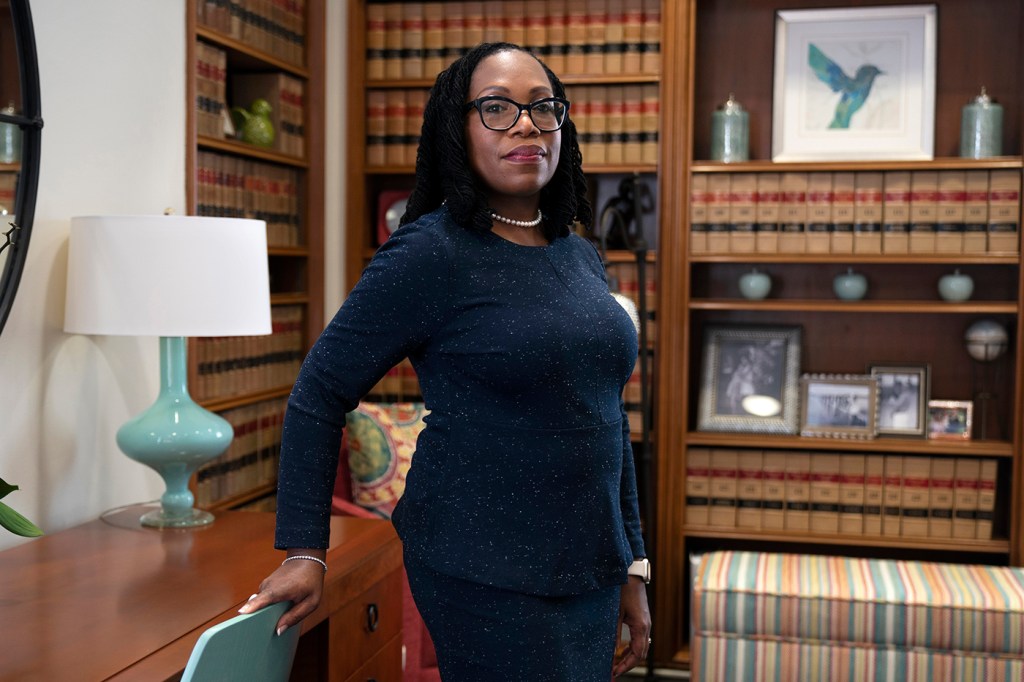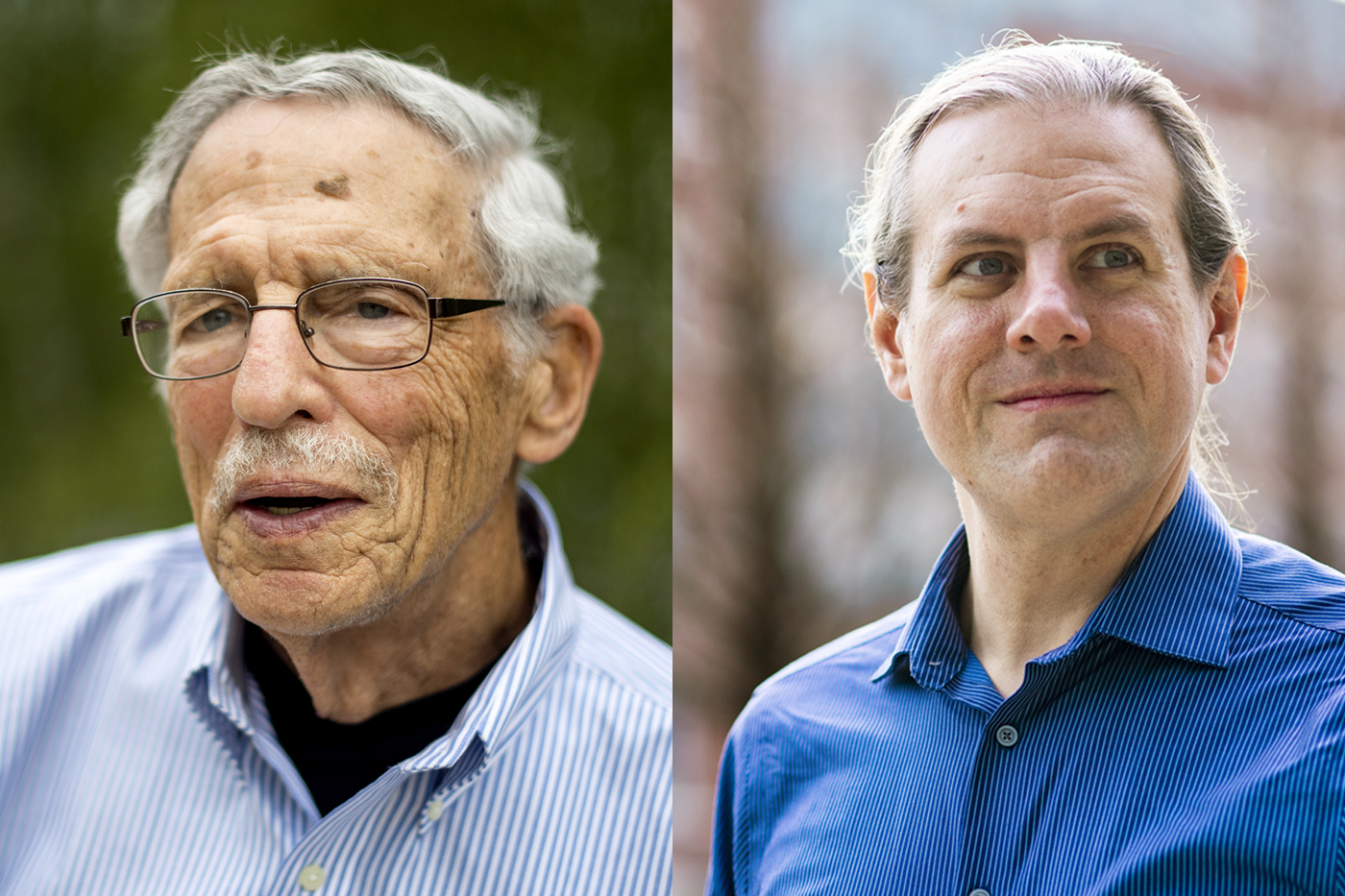How Ketanji Brown Jackson is a departure from the norm–and the obstacles facing her confirmation to the Supreme Court

President Joe Biden has selected Ketanji Brown Jackson, a federal appeals court judge currently with the D.C. Circuit, as his nominee to fill former Justice Stephen Breyer’s seat on the Supreme Court, he announced on Friday. If confirmed, Jackson, 51, would be the first Black woman to serve on the high court.
The decision to pick Jackson is part of Biden’s ambitious reworking of the federal judiciary that includes selecting more public defenders and civil-rights attorneys for judgeships—and nominating a Black woman to the Supreme Court is a critical part of that vision.
Jackson’s legal career will certainly be scrutinized by Senate Republicans ahead of her confirmation hearing. But it’s unlikely that the GOP will be able to make a play on delaying a vote given the availability of yes votes in the Senate, says Nick Beauchamp, assistant professor of political science at Northeastern.

Left to right: Michael Meltsner, George J. and Kathleen Waters Matthews Distinguished University Professor; and Assistant Professor of Political Science Nicholas Beauchamp. Photos by Matthew Modoono and Alyssa Stone/Northeastern University
Still, Republicans may use the confirmation hearing to energize their base ahead of the midterm elections in November, Beauchamp says.
“I think they’ll see the hearings as a way of ginning up donations and working up enthusiasm for the midterms,” Beauchamp says.
Observers have highlighted the more typical features of Jackson’s resume that fit the mold of a Supreme Court nominee—her Ivy League education, federal clerkships, and years of private practice.
What stands out, however, is the two years she handled cases before the U.S. Court of Appeals for the D.C. Circuit as a federal public defender, says Michael Meltsner, the George J. and Kathleen Waters Matthews Distinguished Professor of Law at Northeastern.
Jackson’s experience representing criminal defendants is certainly atypical, reflecting in judicial politics a longstanding preference for prosecutors and a “bias towards the punitive,” rather than the rehabilitative aspects, of the law, Meltsner says.
“Her history as a public defender will bring a new and knowledgeable voice to the court’s deliberations that is desperately needed during a time of mass incarceration and police-citizen confrontation,” Meltsner says.
But that history also may give Republicans ammunition going into the hearings, Beauchamp says, recalling the Willie Horton episode and the racially charged politics of the 1988 presidential race, when former President George H.W. Bush portrayed then-candidate Michael Dukkakis as soft on crime.
“Because recidivism exists, it’s highly likely that there is a recidivist in your past portfolio” if you worked as a public defender, Beauchamp says.
Though her confirmation wouldn’t change the ideological split on the court, it would likely add a prominent voice for criminal-justice reform, Meltsner says, noting “there are some cases that aren’t dominated by rigid ideology, so fresh ideas and perspectives count for a lot.”
And Jackson may bring a greater awareness of such issues. She served on the U.S. Sentencing Commission from 2010 to 2014, overseeing reforms to the federal sentencing guidelines for certain drug offenses. Speaking at the White House on Friday, she spoke about growing up in a family of police officers. Her brother and two of her uncles served in law enforcement; another uncle received a life sentence for a nonviolent drug offense.
“I am standing here by the grace of God as testament to the love and support I have received from my family,” she said.
Breyer, for whom Jackson clerked during the 1999-2000 Supreme Court term, has praised her legal sensibilities.
“She sees things from different points of view, and she sees somebody else’s point of view and understands it,” Breyer said in 2013 at the ceremony when she was sworn in as a federal district court judge, according to the New York Times.
For media inquiries, please contact media@northeastern.edu.






